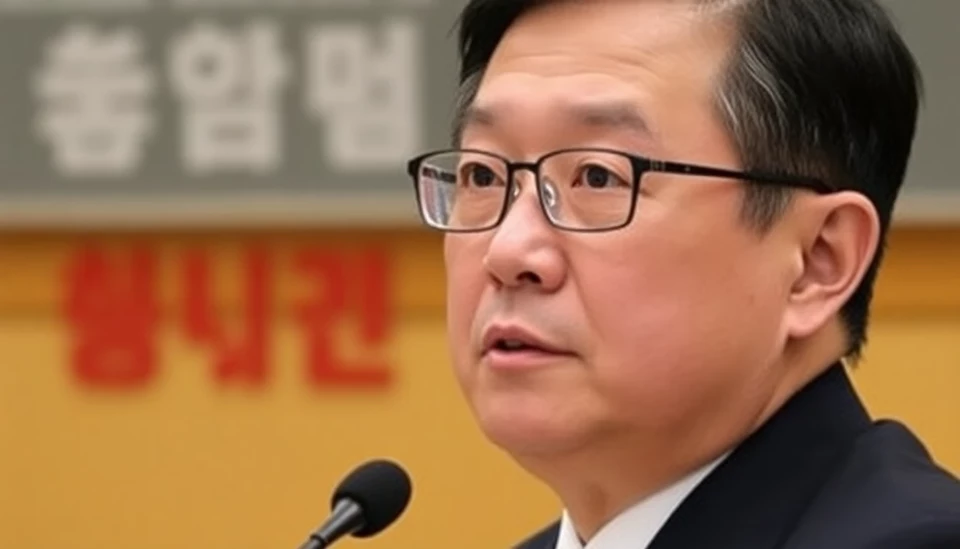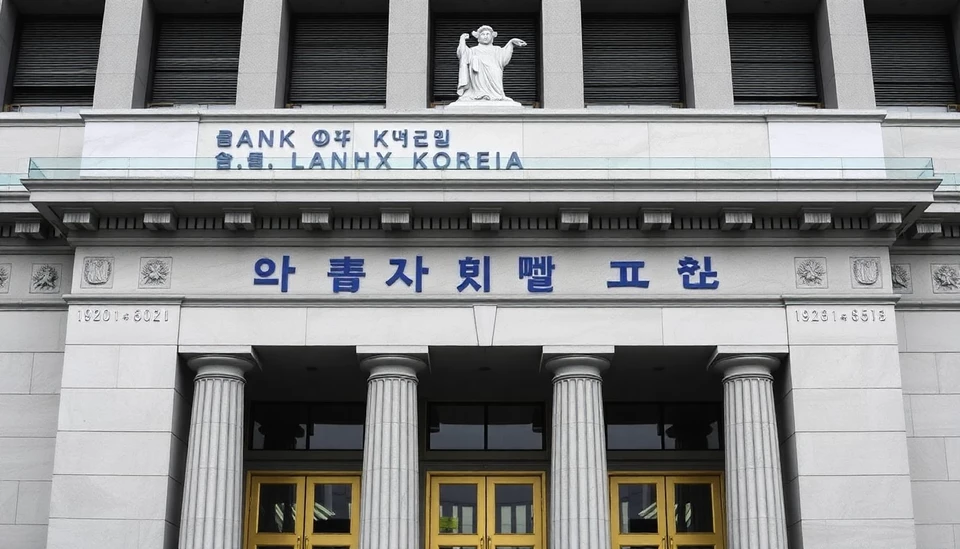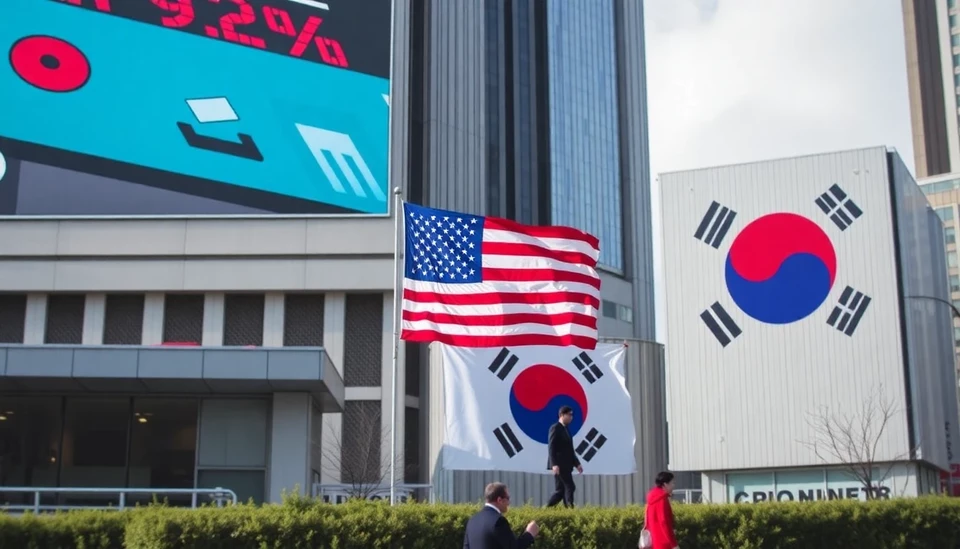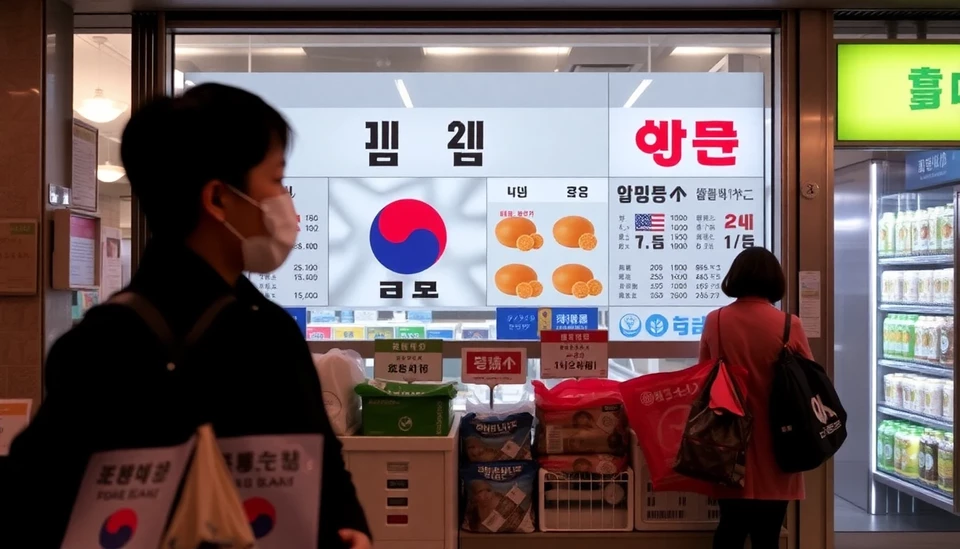
In a recent statement, Bank of Korea (BOK) Governor Rhee Chang-yong addressed the public's misconceptions surrounding interest rate cuts, asserting that simply lowering rates is not a "panacea" for boosting consumer spending. This clarification comes amid concerns that the current economic climate is challenging, affecting growth and consumer spending behavior.
As South Korea grapples with a slowdown in its economy, the BOK has been facing pressure to respond with monetary easing. However, Rhee cautioned that such measures might not yield the desired effect on their own. He stated that many households have become increasingly wary of spending due to lingering economic uncertainties, which means that even in a lowered interest rate environment, consumers may still hesitate to make purchases.
Rhee emphasized that while making borrowing cheaper through lower interest rates might provide some relief, it does not automatically incentivize spending, especially if consumers are prioritizing saving over expenditure. He noted that the global economic landscape, heavily influenced by high inflation and ongoing geopolitical tensions, continues to shape South Korean consumption patterns.
The central bank governor also hinted at the need for broader structural reforms and policy measures that go beyond monetary policy to stimulate economic activity. He advocated for approaches that could enhance consumer confidence and promote spending. "We need to create an environment where people feel secure enough to spend," Rhee remarked, indicating that consumer sentiment plays a pivotal role in driving economic growth.
Rhee's remarks come as the BOK prepares for its next monetary policy review. The central bank's decisions will be closely watched, as many analysts are anticipating whether any changes will be made to interest rates in response to ongoing economic challenges. The governor's emphasis on the limitations of rate cuts signals a cautious approach to monetary policy, suggesting that the BOK may prioritize strategic interventions rather than reactive measures.
In conclusion, the BOK is navigating a complex economic landscape, and Rhee’s statements reflect a broader understanding that mere adjustments in interest rates will not suffice to tackle the underlying issues plaguing consumer spending in South Korea. The emphasis on proactive measures to boost confidence among consumers could lead to more holistic solutions aimed at reviving economic momentum.
In an environment where uncertainty looms large, the BOK aims to balance its monetary policy in a manner that addresses both immediate challenges and long-term growth prospects.
As these developments unfold, all eyes will remain on how the South Korean economy responds to both this guidance and the upcoming decisions from the central bank.
#BankOfKorea #InterestRates #EconomicGrowth #ConsumerSpending #MonetaryPolicy #SouthKorea #RheeChangYong
Author: Laura Mitchell




